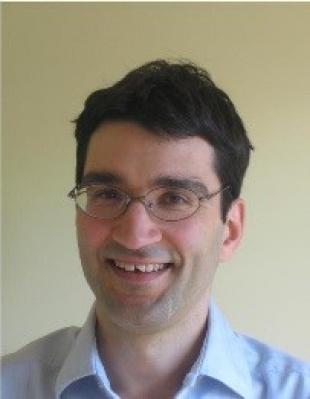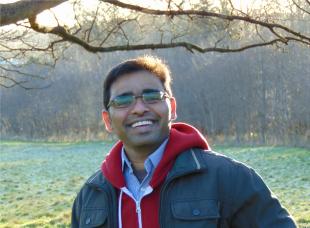Location:
Hudson Beare, Lecture Theatre 2
Date:
Friday, September 18, 2015 - 13:00 to 14:00
First Speaker: Dr Dimitri Mignard
Title: Storage of hydrogen in disused gas reservoirs
Abstract:
The deployment of renewable energies on a scale required for decarbonisation of the energy systems will impose seasonal variations on the supply over which operators will have no control. For example, in the Scandinavian and Baltic area, the monthly average wind speed at a given time of year can vary by more than 20% from one year to the next at one given location, which leads to estimated variations of between 8 and 18% for the energy output from wind turbines. In this context, large scale, ‘seasonal’ storage could be very helpful to alleviate shortfall of energy outputs during certain weeks, months or even perhaps in a lean year.
Hydrogen is one option which combines versatility of applications (power, heat, transport and chemical feedstock) with a high density of stored energy suitable for long term storage. A similar requirement for seasonal storage is currently met for natural gas by geological storage in natural reservoirs. This paper is a preliminary assessment of the feasibility of storing hydrogen in the same type of reservoirs once commercial extraction of their natural gas has ceased, with emphasis on: the chemical stability of the hydrogen in the reservoir – including what micro-organisms might do to the hydrogen!; its retention in the reservoir; and the storage characteristics as expressed in total energy stored (‘working gas capacity’) and rated capacity of supply (‘deliverability’).
In the UK, the lack of availability of suitable geological formation onshore suggests that storage should be done offshore, at the same time making use whenever is possible of the existing North Sea gas infrastructure. Hydrogen can be generated from wind, tidal and wave power using electrolysis, and the hydrogen injected in the existing natural gas pipeline infrastructure, in scenarios where an increased proportion of the energy content of the natural gas made available in the transmission and distribution networks is contributed by hydrogen, up until the time when the mixture might be replaced by pure hydrogen if suitable adjustments are made to the infrastructure.
Bio:
Dr. Dimitri Mignard CEng MIChemE has been a lecturer in Chemical Engineering at the University of Edinburgh since 2006. He graduated from L'Ecole Nationale Supérieure d'Ingénieurs en Génie Chimique (ENSIGC) in Toulouse in 1994; as well as with an MSc in Biochemical Engineering from the University of Birmingham in the same year. He obtained his PhD in Chemical Engineering at the University of Edinburgh in 1999. While he has worked in a variety of areas at the University of Edinburgh and also at Heriot-Watt University, the mainstay of his research is in the conversion of renewable energies to fuels.
Second Speaker: Jagadeesh Gunda
Title: Role of situational assessment and decision making in smart grid: Stability perspective
Abstract:
Smart grid can be viewed as a fully automated grid which supply reliable and quality power to all of its heterogeneous consumers utilizing all the available energy resources in their original or transformed form (i.e. electrical, heat, and electrochemical energy) and simultaneously self regulates all of its operations to meet various techno-economic and environmental objectives. Despite the benefits offered by envisioned smart grid, the grid operation is becoming very complex due to heavy interconnections, over stressed transmission lines, heavy penetration of non-dispatchable uncertain generation via power electronic interface, and non-linear power electronic based loads (e.g. EV) as these are leading to poor and uneven distribution of system damping and inertia. While, the poor and unevenly distributed system inertia degrades the frequency stability, poor system damping causes low frequency electromechanical oscillations (EMO) even under the small disturbances which may further lead to oscillatory instability (i.e. small signal instability). So, energy control centers must be equipped with right computational tools to assess the insecure and instability events, and decision making tools to control those events before they pose any threat to interconnected system operation.
Bio:
Jagadeesh Gunda studied bachelor in Electrical and Electronics Engineering from Kakatiya University, and masters in Industrial Electrical Systems from National Institute of Technology, Durgapur from India. Afterwards, he worked as a senior engineer (electrical) in IFFCO limited for 2 years. Now he is a PhD student in Institute for Energy Systems (IES), University of Edinburgh under the supervision of Dr. Sasa DJOKIC and Dr. Daniel FRIEDRICH. His main research interests are: static and dynamic modelling of Cyber Physical Systems (especially smart grids and process plants) to assess the system performance characteristics against normal system faults and attacks, and development of situation assessment and decision making algorithms for near-to-real time control of smart grids using statistical signal processing, nature inspired computing, evidence theory and spectral graph theory.





